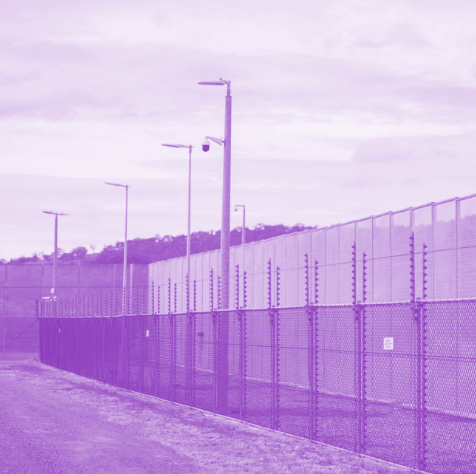State backs prison switch
 The Queensland government is seeking to override its Human Rights Act and use police watch houses as youth detention facilities.
The Queensland government is seeking to override its Human Rights Act and use police watch houses as youth detention facilities.
The move has sparked a storm of criticism, with accusations of it undermines democracy and basic rights.
The proposed amendments, comprising a comprehensive 57-page document, emerged during the debate on a child protection bill on Wednesday.
Due to this timing, they will bypass the parliamentary committee for evaluation, drawing sharp rebukes from both the Greens and the opposition.
Mark Ryan, the Queensland Police Minister, defended the amendments, claiming that they would only be invoked in “extraordinary circumstances”."
“The amendments will override the Human Rights Act … to allow a detention centre to be established at a police watch house or a part of a corrective services facility,” he said.
“It will ensure that immediate capacity issues can be addressed while young people are held safely.”
Queensland's legislative process typically involves the scrutiny of bills by parliamentary committees after introduction.
However, in this case, the timing of the amendments has circumvented this customary procedure, leading to allegations of a disregard for democratic principles.
Greens MP Michael Berkman says the state has “completely undermined and effectively betrayed their own Human Rights Act”.
Andrew Powell, the Manager of Opposition Business, described the developments as an “affront on democracy”.
He highlighted that these significant changes would not undergo the usual parliamentary committee scrutiny, allowing limited consultation with the people of Queensland and examination by members of parliament.
The proposed amendment concerning police watch houses is expected to be “time-limited” and will remain in effect until new youth detention centres are established in Cairns and Woodford in 2026.
This amendment comes in response to a recent court order to urgently transfer three young individuals from police watch houses to youth detention centres, as their legal detention status remained uncertain.
The legislation has faced further criticism for its numerous last-minute amendments, including the decriminalisation of public drunkenness, restrictions on police surveillance of sex workers, and reform of police disciplinary processes.
In a fiery speech, Michael Berkman condemned the government for providing minimal prior notice of these changes.
He expressed concerns that the amendments would strip some of the most vulnerable individuals in the community of their human rights.
While the Queensland government has defended its actions as necessary to address capacity issues in the state's detention system, critics argue that it comes at the expense of fundamental human rights and democratic processes.







 Print
Print